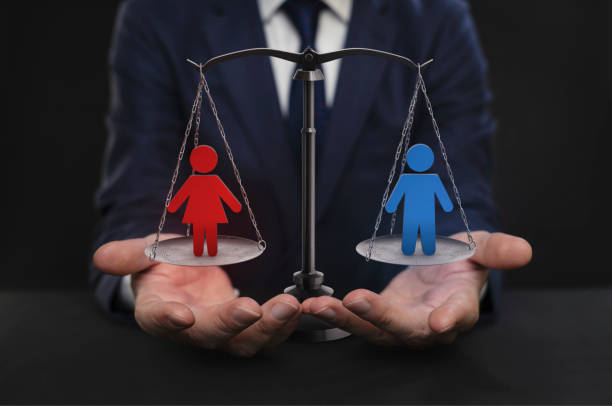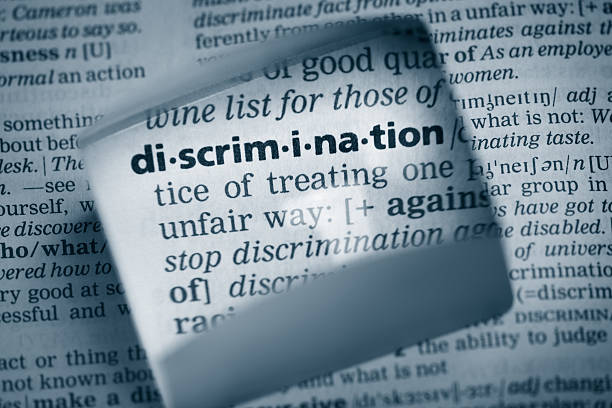Introduction:
Gender discrimination is a persistent and pervasive problem that has plagued societies for centuries. It is the unequal treatment of individuals based on their gender, particularly women, in various aspects of life, including education, employment, healthcare, and even the justice system. While there have been significant strides towards gender equality, particularly in developed nations, discrimination remains rampant in many parts of the world. This article aims to shed light on the issue of gender discrimination, its prevalence, impact, and ways to combat it.
Prevalence of Gender Discrimination:
Gender discrimination is a global problem, affecting millions of women across the world. According to the World Economic Forum, the global gender gap index stands at 68.6%, indicating that women continue to face significant disparities in various aspects of life. Women are more likely to experience poverty, limited access to education and healthcare, and discrimination in the workplace. In some parts of the world, women are also subjected to violence and human rights violations, including female genital mutilation and forced marriages.
Impact of Gender Discrimination:
The impact of gender discrimination is far-reaching and affects women in various aspects of their lives. It limits their opportunities, reduces their earning potential, and undermines their ability to participate in the labor force fully. Discrimination in education also limits their chances of acquiring the necessary skills and knowledge to succeed in life. Additionally, gender discrimination perpetuates harmful stereotypes and biases that impact women's social and cultural lives. This can result in low self-esteem, poor mental health, and other negative consequences.
Examples of Gender Discrimination:
Gender discrimination takes many forms, and it is often subtle and insidious. Some of the most common examples of gender discrimination include:
- Pay inequality: Women continue to earn less than men for the same work, even in developed nations.
- Employment discrimination: Women face barriers in accessing job opportunities, particularly in male-dominated fields.
- Discrimination in education: Girls are less likely to access education, and those who do are often subjected to stereotypes and biases.
- Sexual harassment: Women are often subjected to sexual harassment in the workplace and other settings.
- Limited access to healthcare: Women face barriers in accessing quality healthcare, particularly reproductive healthcare.
- Discrimination in the justice system: Women are often treated unfairly in the justice system, particularly in cases of sexual assault and domestic violence.
Ways to Combat Gender Discrimination:
Addressing gender discrimination requires a concerted effort by individuals, governments, and organizations. Here are some ways to combat gender discrimination:
- Promoting gender equality: Governments and organizations should promote policies that support gender equality, including equal pay, access to education, and healthcare.
- Raising awareness: Raising awareness about the issue of gender discrimination and its impact is crucial in creating social and cultural change.
- Encouraging women's empowerment: Empowering women and girls through education, access to finance, and leadership opportunities is essential in addressing gender discrimination.
- Addressing harmful stereotypes: Addressing harmful stereotypes and biases about gender is crucial in changing attitudes and promoting equality.
- Creating safe spaces: Creating safe spaces for women, particularly in the workplace and other settings, can help prevent sexual harassment and other forms of discrimination.
Conclusion:
Gender discrimination is a pervasive problem that requires a concerted effort to address. While significant progress has been made towards gender equality, discrimination remains rampant in many parts of the world. Promoting gender equality, raising awareness, empowering women, addressing harmful stereotypes, and creating safe spaces are essential in combatting gender discrimination. We must all work together to create a world that is free from discrimination and bias based on gender.


Comments
Post a Comment